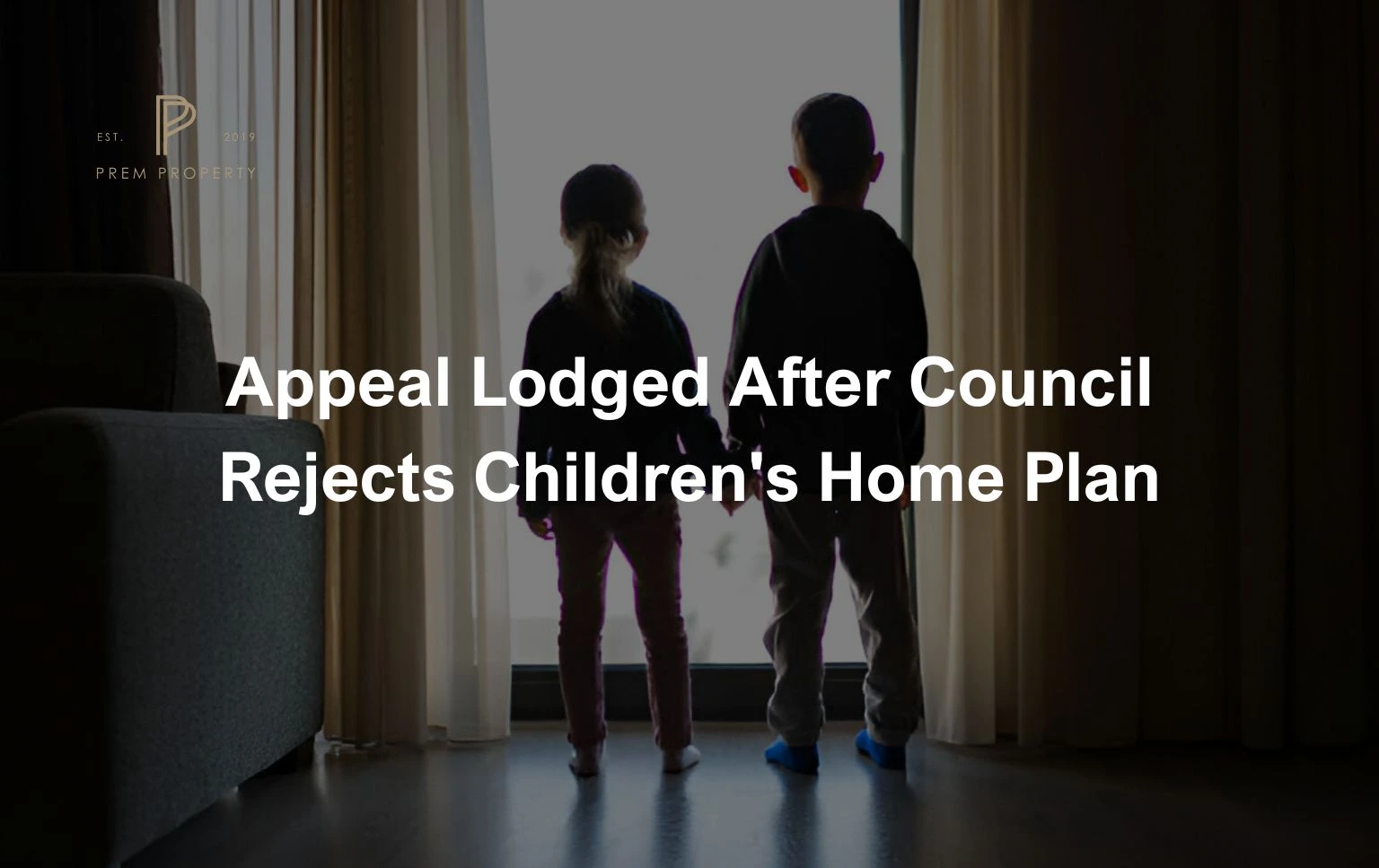Wolverhampton bungalow conversion faces government review despite local authority’s rejection
A contentious planning decision has reached the government’s planning inspectorate after Wolverhampton Council rejected proposals to convert a family bungalow into a children’s residential home. The appeal now threatens to overturn the local authority’s stance on what constitutes appropriate accommodation for vulnerable young people in the city.
Ashlee Homes Supported Living initially sought permission to transform the property into a facility housing up to three children. However, council planners firmly dismissed the application, arguing that Wolverhampton already possesses sufficient childcare provision. This rejection has subsequently triggered a formal appeal process that could potentially reverse the decision entirely.
Council Cites Oversupply Concerns
The local authority’s refusal centred on claims that private children’s homes already saturate the local market. Planning officers highlighted how over 30 private facilities currently operate within city boundaries, with most accommodating children from neighbouring authorities rather than local Wolverhampton residents.
Furthermore, the council emphasised its own expansion plans, revealing intentions to establish two additional local authority-run children’s homes. These developments, officials argued, would adequately address any existing demand whilst maintaining direct council oversight of vulnerable young people’s care.
Council planners also raised concerns about housing stock depletion, noting how the conversion would eliminate yet another family dwelling from an area already experiencing residential pressure. The property in question occupies a prominent corner position near Bantock Park, close to schools and local amenities – precisely the type of family accommodation that planners believe should remain available to local residents.
Developer Challenges Decision
Despite these objections, Ashlee Homes Supported Living remains determined to proceed with their proposal. The company has formally escalated the matter to the government’s planning inspectorate, which possesses the authority to overrule local planning decisions when circumstances warrant intervention.
This appeal process represents a significant challenge to the council’s housing strategy and could establish important precedents for similar applications throughout the West Midlands. Planning inspectors will now scrutinise both the council’s rejection reasoning and the developer’s counter-arguments before reaching their final determination.
The appeal raises fundamental questions about how local authorities balance competing demands for housing stock whilst ensuring adequate provision for looked-after children. These considerations have become increasingly complex as private operators seek to expand their operations across multiple local authority boundaries.

Regional Housing Market Implications
The dispute occurs against a backdrop of mounting pressure on regional housing markets, where demand consistently outstrips supply across most property categories. Property professionals, including guaranteed rent solution providers like Prem Property, regularly encounter situations where residential stock serves multiple purposes beyond traditional family occupation.
However, the conversion of family homes into specialised accommodation continues generating controversy, particularly when existing provision appears adequate. Council officers specifically noted how the subject property represents “good quality recently constructed” housing that serves the established residential community effectively.
Local residents have expressed mixed reactions to such conversions, with some supporting additional care provision whilst others worry about changing neighbourhood character. These tensions frequently surface during planning consultations, creating challenging decisions for both developers and planning committees.
Planning Inspector’s Dilemma
The government inspector faces a complex balancing act between competing policy objectives. On one hand, ensuring adequate provision for vulnerable children remains a paramount concern. Conversely, protecting existing housing stock and preventing unnecessary market distortions requires careful consideration.
The inspector must evaluate whether Wolverhampton genuinely possesses sufficient childcare accommodation or whether additional private provision would benefit young people requiring residential support. This assessment involves examining both current capacity and projected future demand across the local authority area.
Additionally, the appeal raises broader questions about the relationship between private operators and local authority services. Critics argue that private homes sometimes operate with insufficient local oversight, potentially creating safeguarding concerns or inadequate integration with existing support networks.
Wider Policy Context
This case reflects national tensions surrounding children’s residential care provision, where local authorities increasingly rely on private sector partnerships whilst maintaining ultimate responsibility for outcomes. The balance between public and private provision continues evolving as demand patterns shift and funding pressures intensify.
Government policy encourages local authorities to develop comprehensive sufficiency strategies that ensure appropriate placement options for all looked-after children. However, achieving this goal often requires careful coordination between public services and private operators, creating potential conflicts when expansion plans overlap.
The Wolverhampton case demonstrates how planning processes can become battlegrounds for broader policy disagreements about care provision models. These disputes often extend beyond immediate development concerns to encompass fundamental questions about service delivery and market regulation.

Economic Considerations
Converting residential properties into children’s homes typically involves substantial investment in safety equipment, staffing arrangements, and regulatory compliance measures. Developers like Ashlee Homes must therefore demonstrate both financial viability and operational competence throughout the planning process.
However, the economic incentives surrounding such conversions can sometimes conflict with broader housing market objectives. Properties converted to commercial childcare use may command higher rental yields than traditional residential lettings, potentially encouraging further conversions that could exacerbate local housing shortages.
This dynamic creates particular challenges for guaranteed rent solution providers and property investors who must navigate between profitable opportunities and community housing needs. The balance between commercial viability and social responsibility becomes increasingly important as housing pressures intensify.
Awaiting Resolution
The planning inspectorate’s decision will likely influence future applications throughout the region, establishing precedents for how similar conflicts should be resolved. Local authorities will watch the outcome carefully, as it may affect their ability to control private childcare expansion within their boundaries.
Meanwhile, Ashlee Homes continues preparing their case for the appeal hearing, gathering evidence to demonstrate genuine need for their proposed facility. The company must convince inspectors that their project would benefit local young people without unnecessarily depleting family housing stock.
The resolution of this appeal could significantly impact how Wolverhampton and neighbouring authorities approach similar applications in future. Whether the inspector upholds the council’s rejection or permits the conversion will send important signals about national priorities regarding housing provision and childcare accommodation.
As this case proceeds through the appeals process, it serves as a reminder that planning decisions increasingly involve complex balancing acts between competing social needs, economic pressures, and community concerns in modern Britain.

